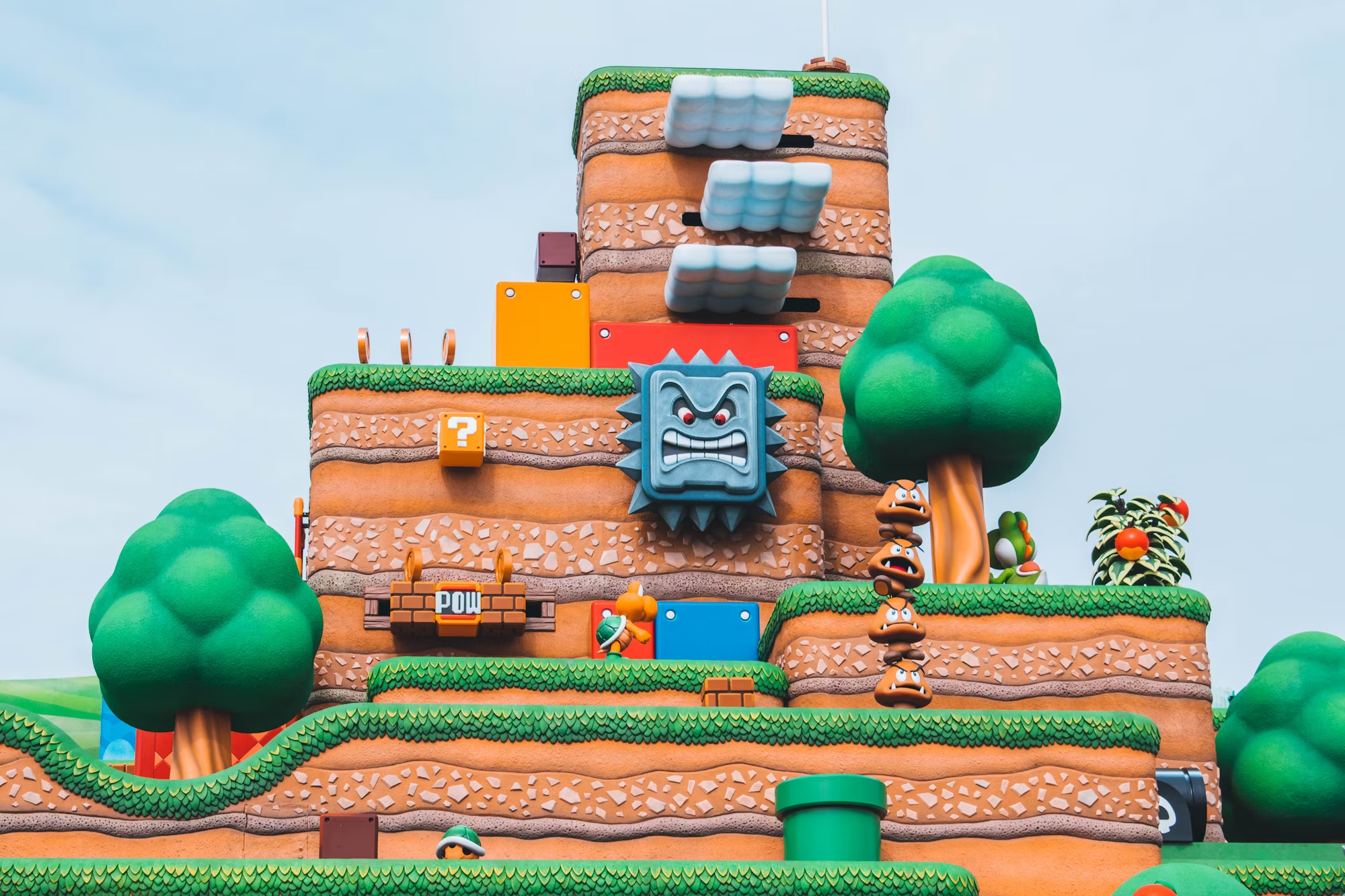Board games have been a staple of human entertainment for centuries, evolving from simple pastimes to complex strategic experiences that engage players of all ages. The journey of board games is a fascinating reflection of cultural evolution, technological advancements, and changing social dynamics. This article delves into the history of board games, their cultural significance, and how modern innovations are shaping the future of this beloved pastime.
The origins of board games can be traced back thousands of years to ancient civilizations. One of the earliest known games, Senet, was played in ancient Egypt around 3100 BC. Archaeologists have uncovered Senet boards in royal tombs, highlighting its importance in both entertainment and ritual. Similarly, the Royal Game of Ur, dating back to 2600 BC in Mesopotamia, emphasizes how games served not only as leisure activities but also as tools for social interaction and bonding.
As societies evolved, so did the complexity and variety of board games. In medieval Europe, chess emerged as a game of strategy and intellect, reflecting the feudal hierarchy of its time. Chess is not only a game of skill but also a cultural artifact, inspiring literature, art, and even philosophy. Its global reach has made it a symbol of strategic thinking, with chess clubs and international tournaments fostering a sense of community among players.
The 20th century marked a significant turning point in the evolution of board games. The introduction of games like Monopoly in the 1930s revolutionized the industry, transforming it into a commercial powerhouse. Monopoly captured the imagination of players, offering a blend of strategy, chance, and social commentary on capitalism. Its success paved the way for an explosion of board games that catered to a wide range of interests and demographics.
The cultural significance of board games cannot be overstated. They serve as a means of social interaction, bringing friends and families together for shared experiences. In many cultures, game nights are cherished traditions, creating bonds that transcend generations. The act of gathering around a board game fosters communication, teamwork, and friendly competition, reinforcing relationships and encouraging social skills.
In recent years, the board game industry has witnessed a renaissance, fueled by a resurgence of interest in tabletop gaming. Independent publishers and designers have emerged, bringing innovative ideas and themes to the forefront. Games like Settlers of Catan, Ticket to Ride, and Pandemic have gained immense popularity, introducing players to complex strategies and cooperative gameplay. This shift has expanded the audience for board games, attracting not only seasoned players but also newcomers seeking engaging social experiences.
Modern board games often emphasize thematic elements, immersing players in rich narratives and worlds. For example, games like Gloomhaven and Arkham Horror invite players to embark on epic quests, combining storytelling with strategic gameplay. These immersive experiences foster a deeper connection to the game, encouraging players to invest time and creativity in their roles. This focus on narrative has transformed board gaming into a form of storytelling, where players collectively create memorable adventures.
The rise of technology has also influenced the board game landscape. Digital adaptations of traditional games have made it easier for players to access their favorites online. Platforms like Tabletop Simulator and Board Game Arena enable friends to connect and play remotely, breaking down geographical barriers. These digital tools have allowed board games to thrive during times when in-person gatherings are challenging, ensuring that players can continue to enjoy their favorite pastimes.
In addition to digital adaptations, game design itself has evolved to incorporate innovative mechanics and gameplay experiences. Hybrid games that combine traditional board gaming with elements of video games are gaining traction. For instance, games like Mansions of Madness use app integration to guide players through scenarios, adding layers of complexity and interactivity. This fusion of mediums creates dynamic experiences that engage players in new and exciting ways.
Inclusivity and diversity have also become central themes in modern board game design. Designers are increasingly recognizing the importance of representing different cultures, perspectives, and experiences within their games. This commitment to inclusivity not only enriches the gaming experience but also broadens the appeal of board games to a wider audience. Games that celebrate cultural diversity, such as Azul and Hanabi, foster appreciation for different traditions while offering engaging gameplay.
Looking to the future, the potential for innovation in board games remains vast. The exploration of augmented reality (AR) and virtual reality (VR) offers exciting possibilities for immersive gameplay experiences. Imagine playing a board game where the components come to life through AR, enhancing storytelling and interaction. This blend of physical and digital gaming could redefine how we engage with board games, creating opportunities for creativity and collaboration.
Moreover, the board game community continues to flourish, with conventions and events celebrating this beloved pastime. Gatherings like Gen Con and Essen Spiel attract thousands of enthusiasts, providing platforms for designers to showcase their creations and for players to discover new favorites. These events foster connections among players, encouraging the exchange of ideas, strategies, and experiences.
In conclusion, the evolution of board games is a testament to their enduring appeal and cultural significance. From ancient rituals to modern innovations, board games have adapted to meet the changing needs of society while maintaining their core purpose of bringing people together. As we look to the future, the blend of tradition and innovation will continue to shape the board gaming landscape, inviting new generations to experience the joy of gathering around a table and sharing in the magic of play. The world of board games is not just a reflection of our past; it is a vibrant and dynamic community that will undoubtedly thrive in the years to come.









